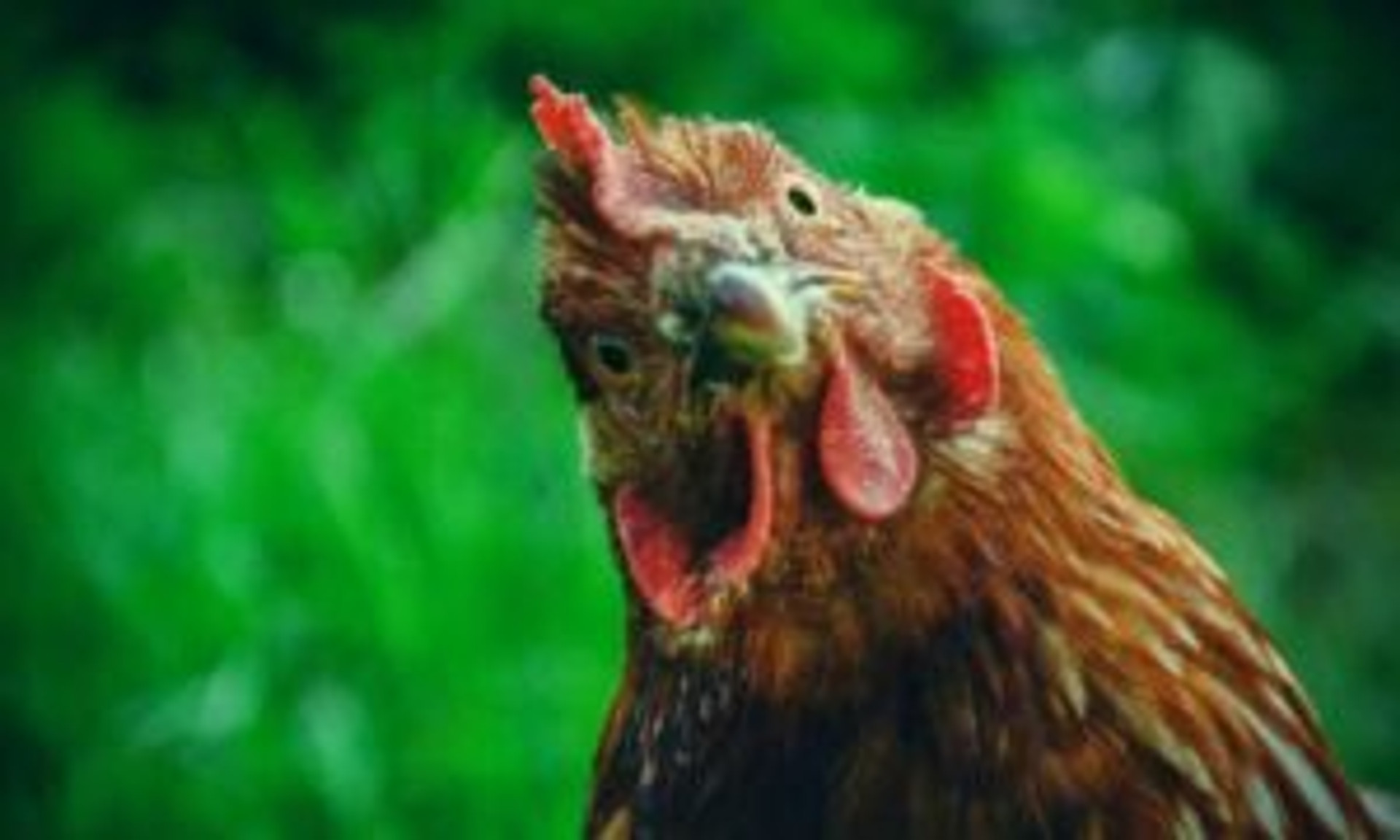How Do Chickens Communicate With Each Other?
All animals have their own unique way of communicating with each other. For chickens, that communication is mostly vocal.
Hens and roosters like to make themselves heard, and they use a variety of sounds to indicate different thoughts, feelings, and behaviors. If you spend enough time around your flock, you’ll start recognizing a few of the sounds your birds make.
Let’s dive into chicken communication to better understand how your flock communicates with each other.
CLUCKING
Clucking is one of the most common chicken noises you’ll hear in your chicken coop. Hens and roosters both cluck—or chuck, as some people describe it. It’s a conversational sound that chickens make among themselves. Hens will also cluck to their chicks to call them over when they find something interesting to eat or play with.
CACKLING
This is a loud sound that hens make after laying eggs. Sometimes, mother hens communicate by joining in the call, which might last a few minutes. Some chicken keepers say the cackle is a yell of relief after laying the eggs, while others believe it to be a shout of pride.
GROWLING
Like many animals, chickens growl when they feel threatened. Hens commonly growl when sitting on their eggs. It’s a way of warning anyone or anything that disturbs them or gets too close when they’re nesting. Hens often follow this up with an angry peck, so it’s best to heed a chicken’s growl whenever you hear it.
SQUAWKING
Chickens squawk when something startles or scares them. You’ll probably hear this loud calling noise when you grab your chickens. Roosters and hens both squawk. Other chickens will react to the noise, but whether they run to or away from the source depends on what’s going on.
ROOSTER SOUNDS
Part of understanding how chickens communicate with each other is understanding the noises that roosters make. For example, the iconic early morning crow is a rooster sound. Roosters crow as a way of announcing and defending their own territories.
They might also make a soft clucking or perp-perp noise to call hens over when they find a good food supply. Roosters might also make fighting sounds when they feel aggressive or threatened.
Common chicken sounds are fascinating and endlessly entertaining. Take some time to sit around and listen to them talk to each other—you might learn a thing or two. The more you know about the chicken world, the better you’ll be at taking care of your flock.
You can also learn more about your birds and how to care for them by visiting our blog. We strive to carry the best chicken coop and housing supplies for any chicken owner and backyard flock.
What unique sounds does your flock make? Share your stories with us in the comments below!

